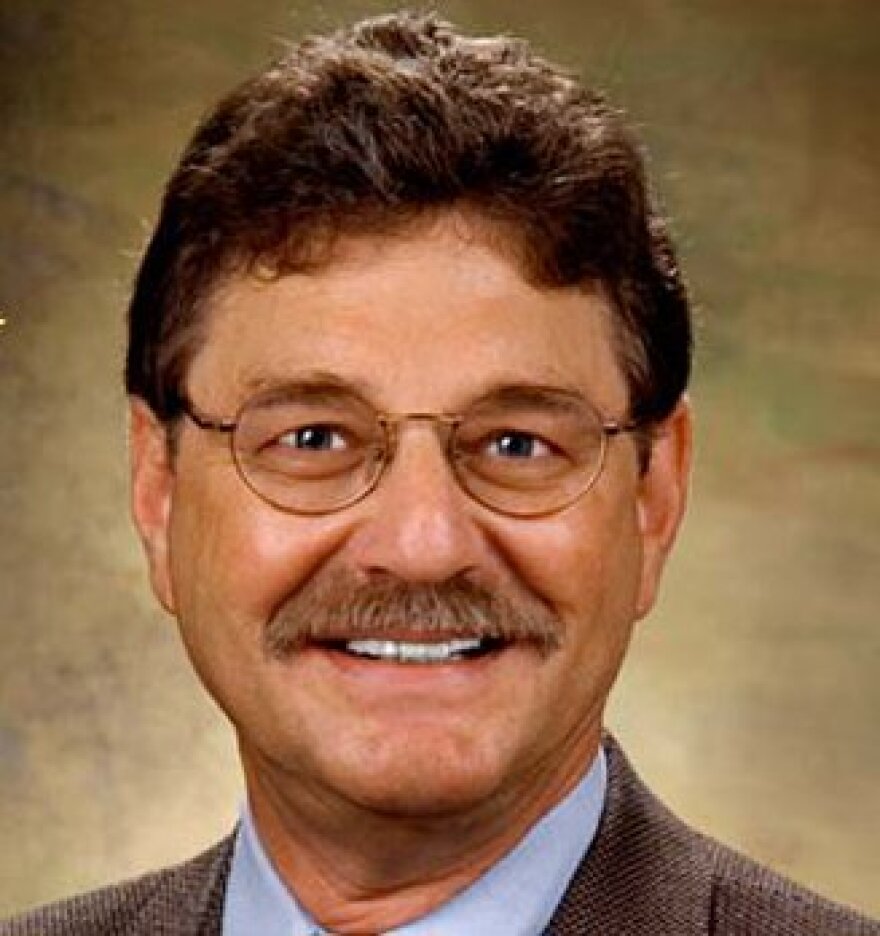There is so much information available to us these days, much written by agencies and entities with unreliable records of objectivity and accuracy, that making informed decisions becomes ever more confusing. In this edition of FM89's commentary series The Moral Is, Dr. Jacques Benninga of Fresno State’s School of Education ponders the fidelity of information-deluge on citizens’ abilities to make important decisions.
---
There seems to be a growing skepticism surrounding most issues of social policy in our country, from the implementation of the Affordable Care Act to the purported spying by our own NSA and comparable agencies in other countries. It’s hard to know who and what to trust. Our own president, when he travels, now carries with him a specially designed security tent, set up in his hotel rooms, to keep his communication secure. Clearly, he doesn’t trust our allies, nor they him.
I’m in education, and even in a field that is historically supported—we all want to improve it—it is not clear where to go and what information to access to make accurate judgments.
For example, for a decade the Fresno Unified School District was embroiled in a controversy about its high school graduation rates. Were the rates getting better or not? It used to be hard to tell because California utilized three different methods for reporting this one statistic. According to dropout researcher Russell Rumberger, some of these statistics underestimated, and others overestimated, the actual rates. Only since 2012 has the state standardized the reporting method, using a more accurate individual student tracking report, and we now know, with a high degree of confidence, that Fresno Unified graduates 74.6% of its students, not far behind the state rate of 78.5%. We can finally trust that data and use the information to make informed decisions.
But answers to many questions remain unclear. Are American students achieving at the rate of those in 3rd world countries? Are our teachers under-educated and under-prepared? Is the imposition of the Common Core State Standards going to result in our graduates being career and college ready? Would our economy be better off if our public schools were privatized?
Multiply those unresolved questions about education by similar ones surrounding the myriad social issues that confront this country, and it becomes overwhelming to understand. Our government, a slew of private research tanks, and public policy foundations across the political spectrum, spend millions of dollars addressing their issues, but many have their own agendas and their data collection and reporting may be biased by their ideologies. Just as there were confusing and biased strategies to collect and report data on high school graduation rates, there are many ways to consciously slant and report. As a result, in the words of Wall Street Journal editor Holman Jenkins, Jr., our society lacks social trust.
While it may be human nature to want our beliefs and biases supported, it is incumbent in a free and democratic society for agencies that aggregate, analyze and disseminate information to above all maintain an objectivity that inspires confidence. To do otherwise promotes confusion and criticism and leads to a cynical and apathetic populace.
A democracy relies on an informed citizenry and this is not how information ought to be disseminated and received. America’s citizens deserve better.
The views expressed on The Moral Is are those of the author and do not necessarily represent the views of Valley Public Radio.



